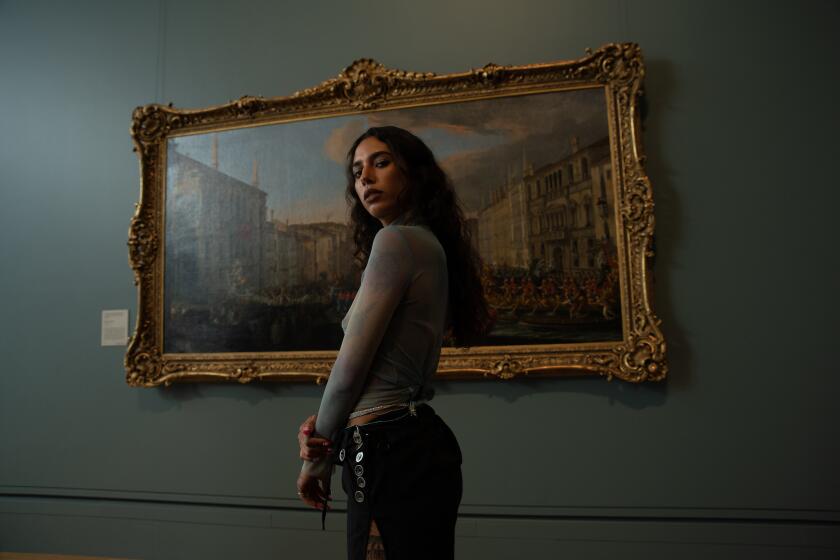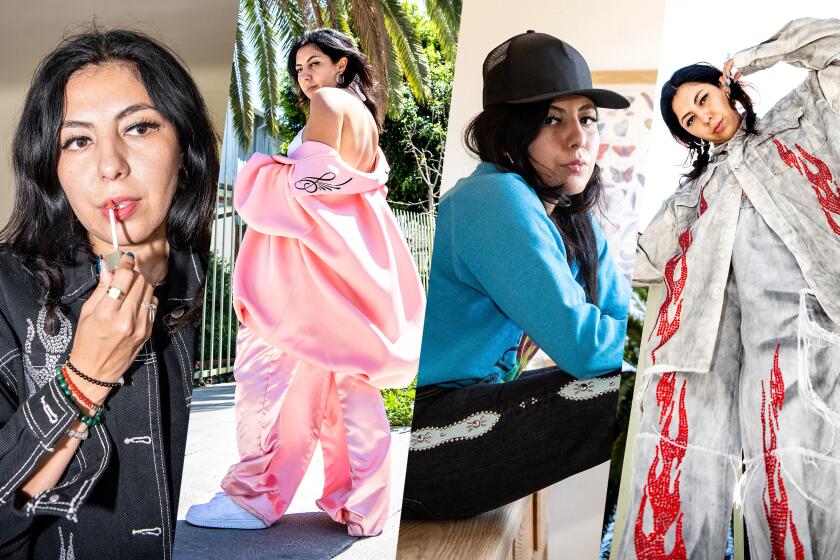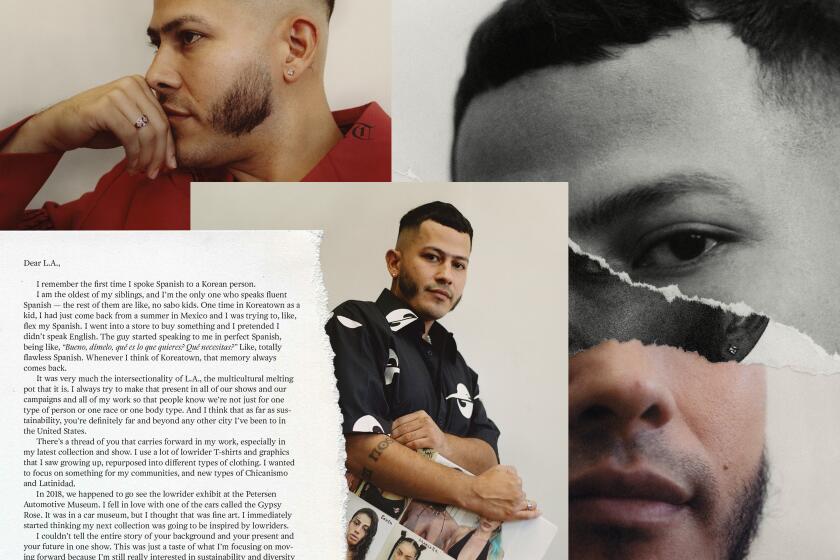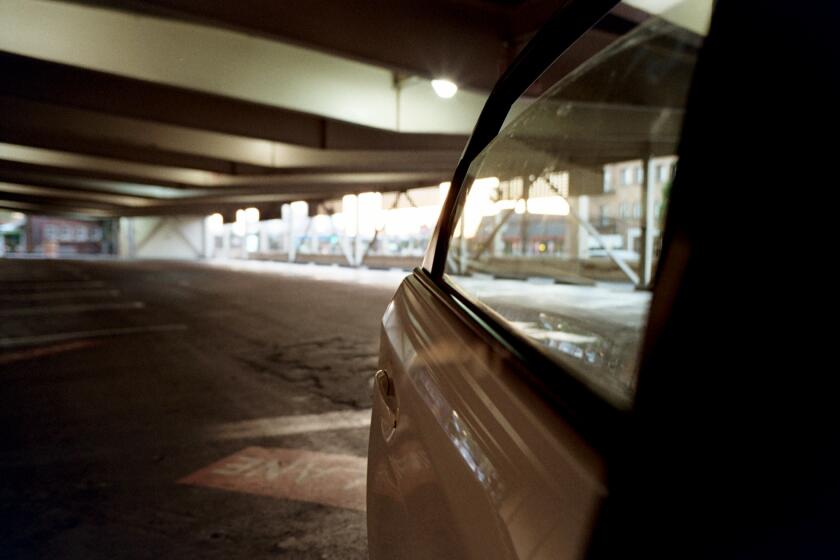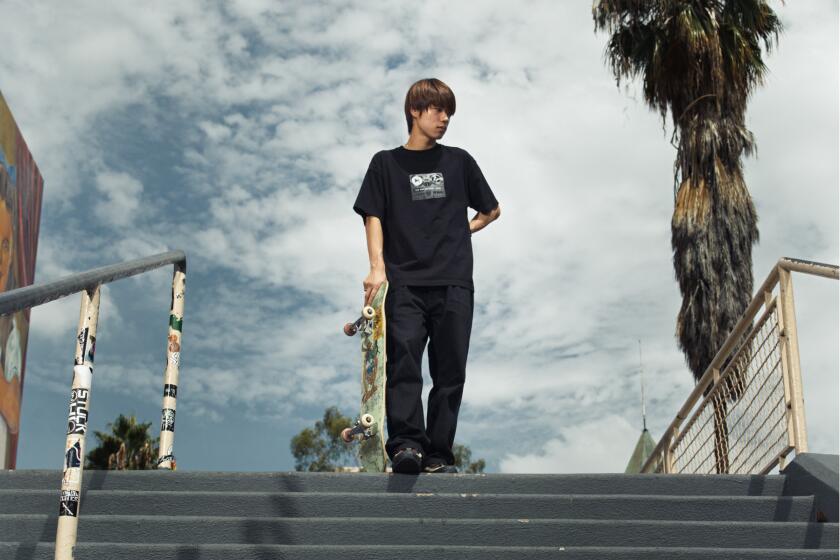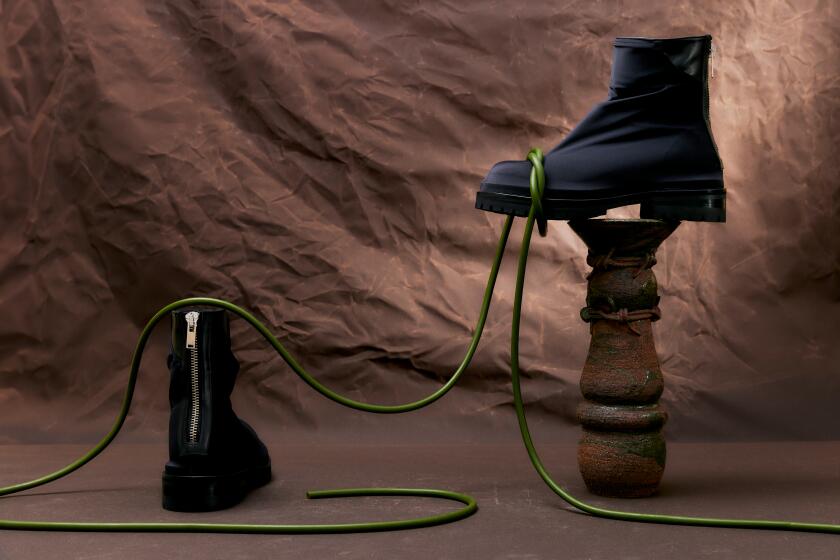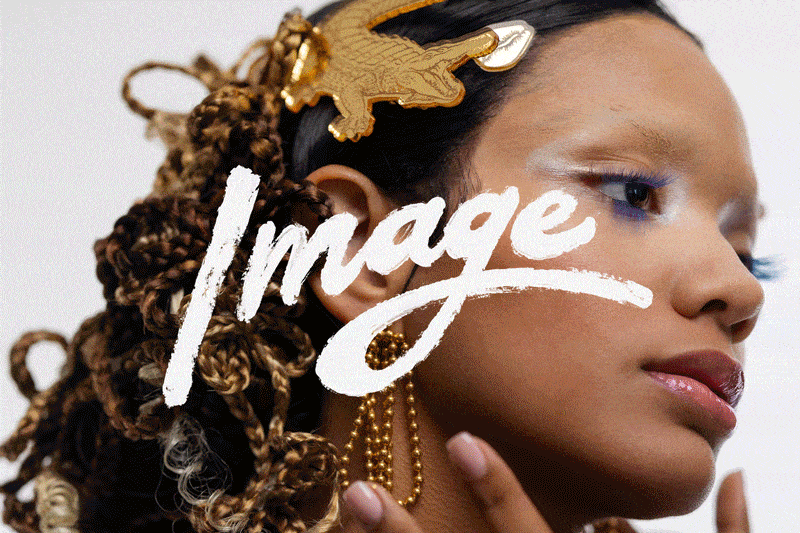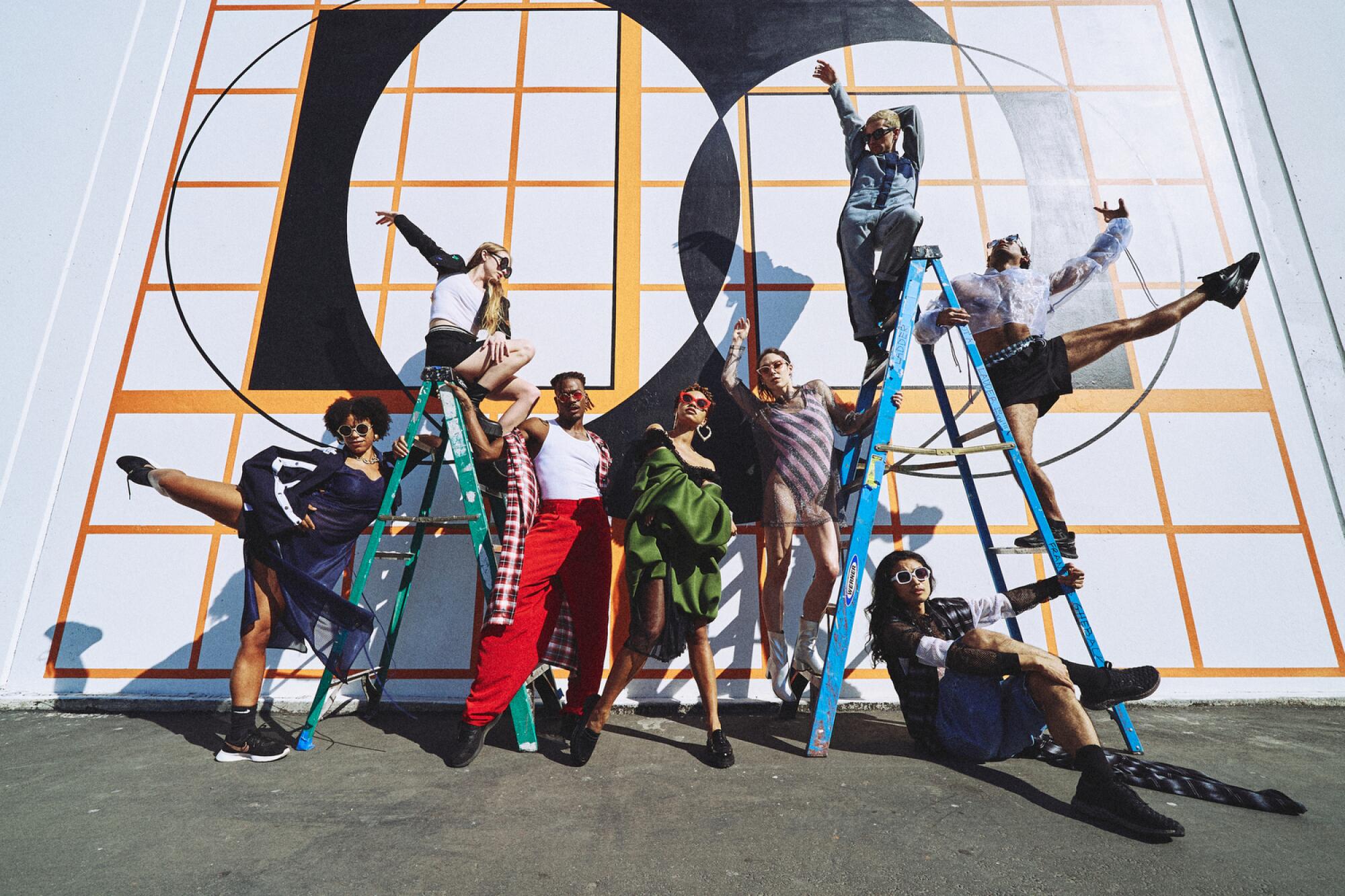
“The word that comes to mind with L.A. is expansiveness,” the dancer Marissa Brown says. “Every time I’m dropped into different types of work, I try to figure out, how can I be my most expansive self or open my heart into this work? I feel like I have the space to do that and the landscape inspires you to keep doing that work.”
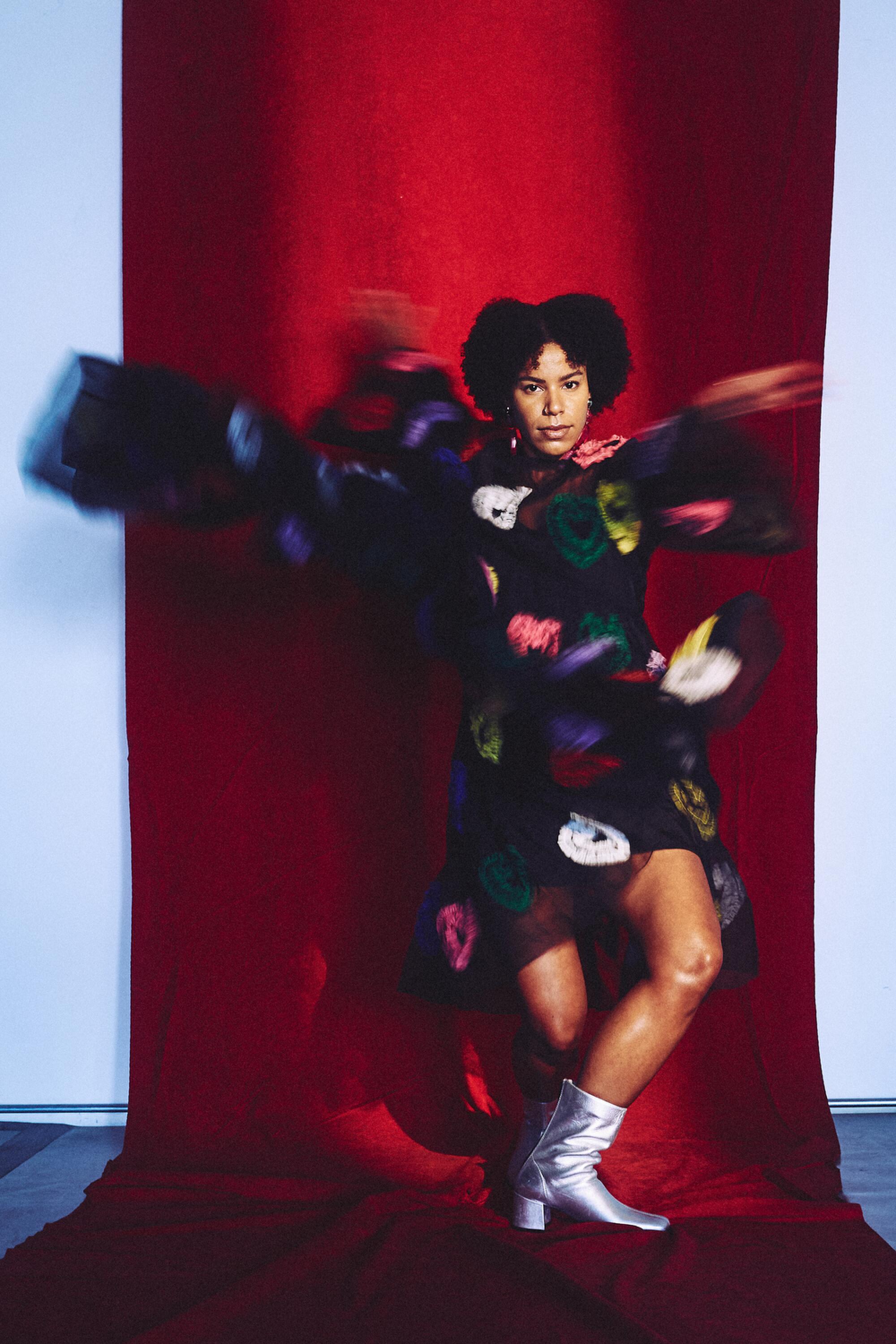
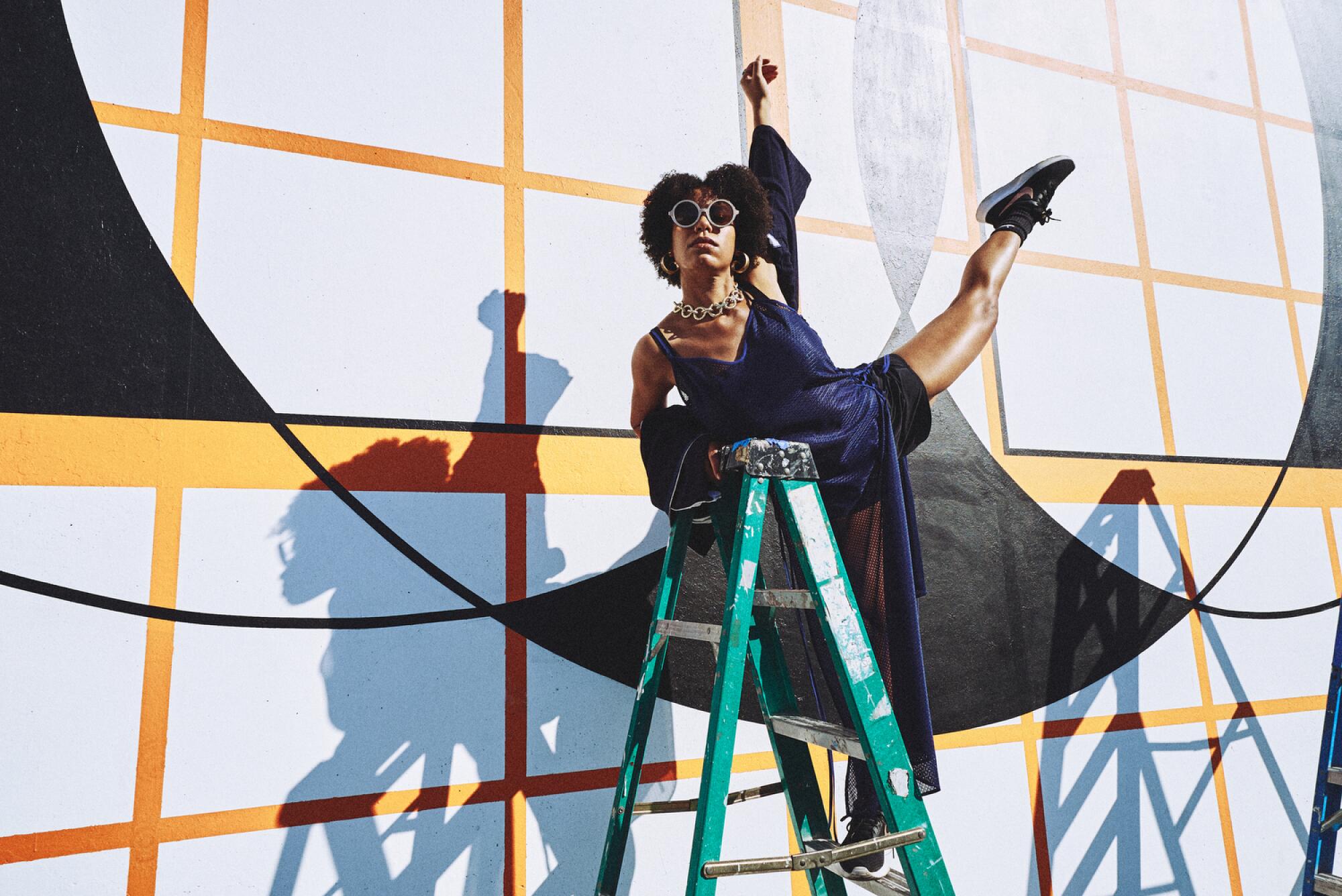
I’m sitting with Brown on the audience benches at the L.A. Dance Project’s large studio space downtown. Brown is one of 18 dancers at the L.A. Dance Project, also known as LADP, founded in 2012 by Benjamin Millepied. This week, LADP will be performing “Be Here Now,” the first piece Millepied choreographed after a year and a half of not choreographing at all during COVID. “I was fresh,” he says of creating the work. “My body language had a complete reset. It was amazing.”
Dance unlocks. It gives your whole body the chance to speak.
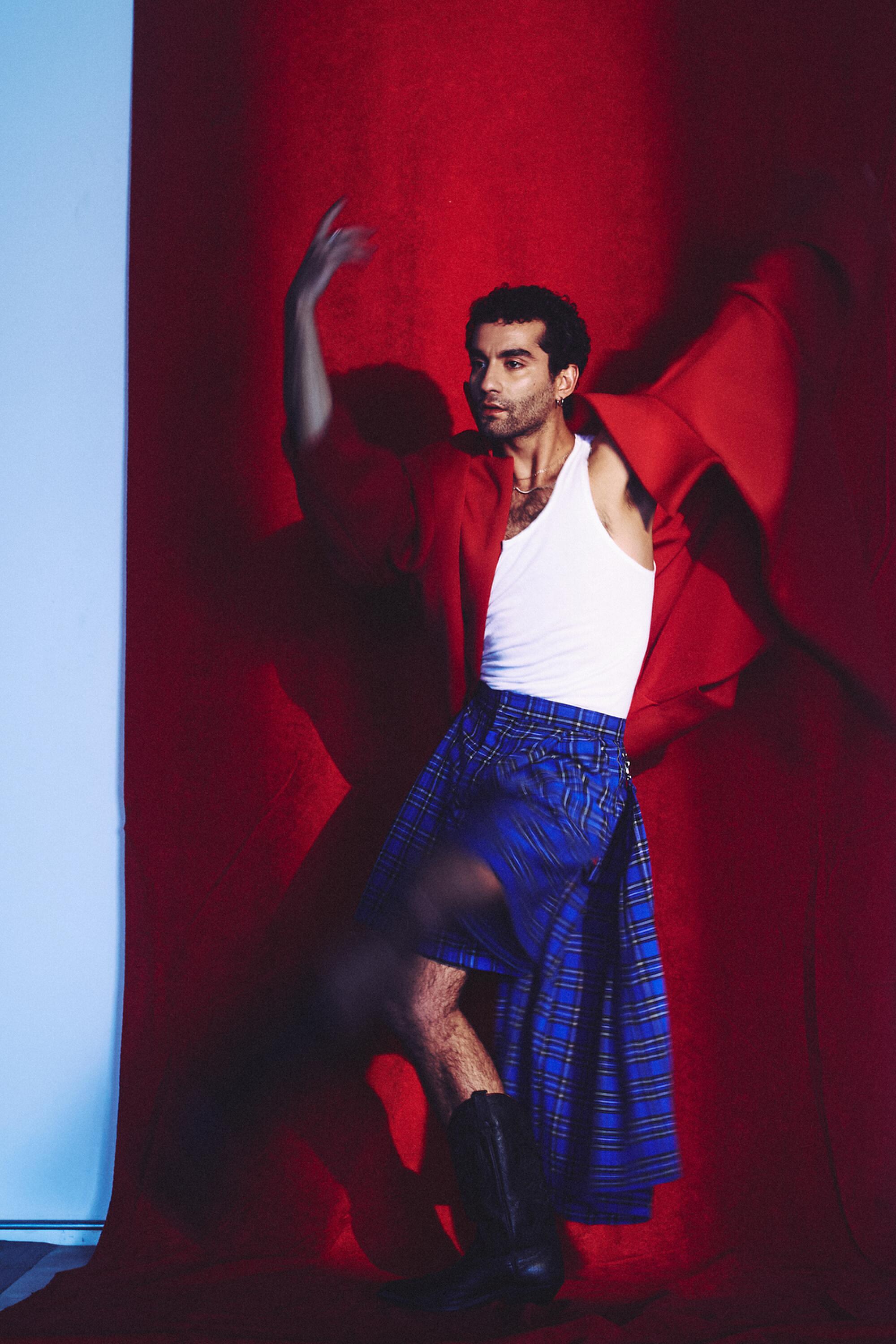
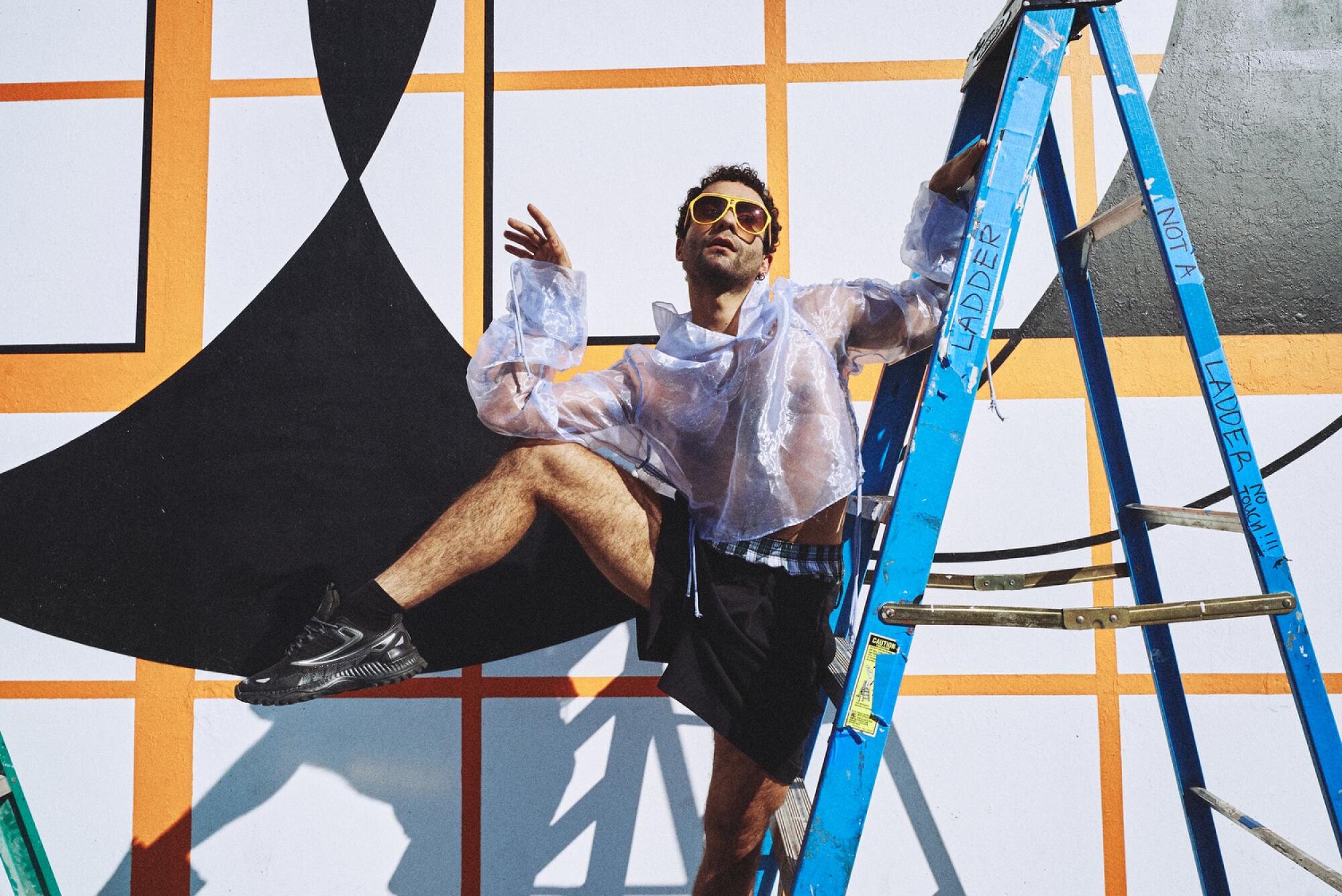
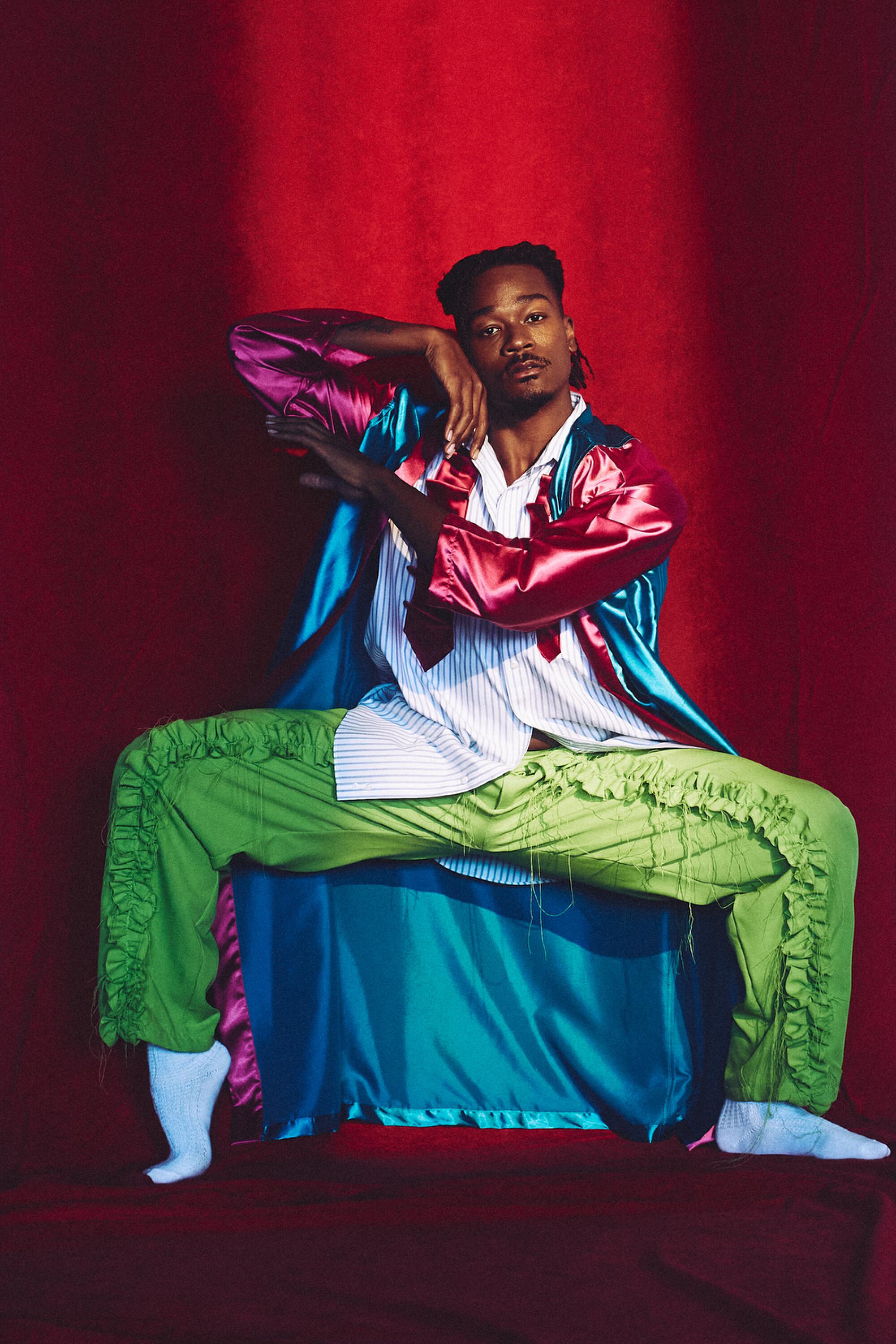

“Be Here Now” was directly inspired by the dancers Millepied works with. “What interests me is really their personality,” he says. “How they choose to move and express themselves — their individuality is everything.” You can sense how the dance gives the dancers the space to be vulnerable — how it allows them to, in Vinícius Silva’s words, lay their “heart on the floor.” Daphne Fernberger tells me the piece lets her “instinct run wild.” Courtney Conovan says the experience of watching the other dancers from behind the curtain feels like “I’m watching them and not just a dance that they’re doing.”
Amor Prohibido’s Bryan Escareño has a penchant for testing the limits of fashion. His gender neutral collection with Género Neutral investigates the capacity for clothing to hold court in the castle of high art.
“Be Here Now” is part of a series of performances funded by Dance Reflections, a 2-year-old program by Maison Van Cleef & Arpels supporting choreographers and dance troupes around the world. (The art form is actually a part of the jewelry brand’s centurylong history; Louis Arpels was so enchanted by ballet that he helped create the Maison’s scintillating “ballerina clips” — hand-sized dancers twirling in diamond and sapphire tutus — in the early 1940s.) This week in Los Angeles, Dance Reflections is also supporting “Crowd,” by Gisèle Vienne, which will happen at LADP following “Be Here Now,” and “Slow Show,” by Dimitri Chamblas, which will be performed at the Aileen Getty Plaza at the Geffen Contemporary at MOCA.
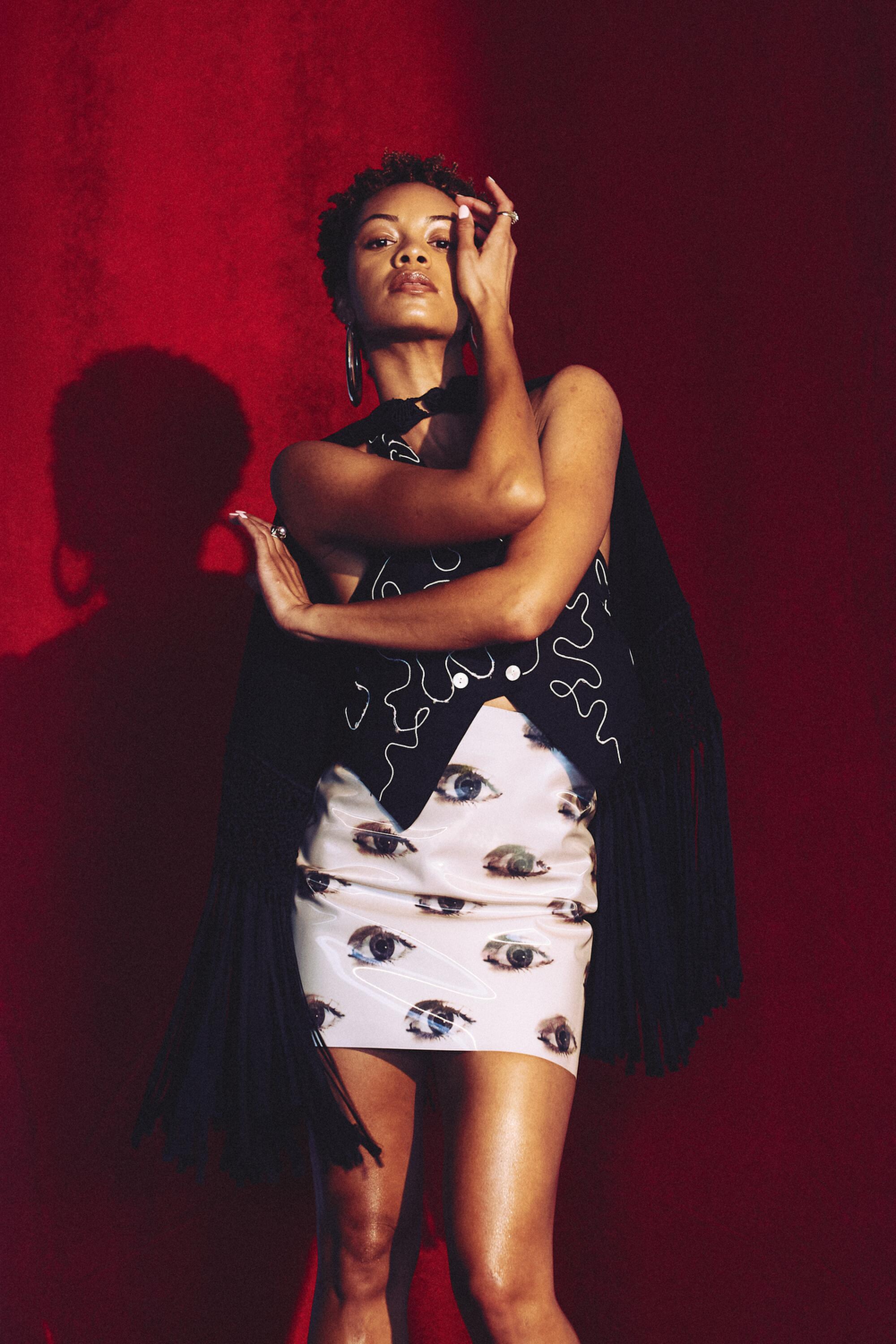
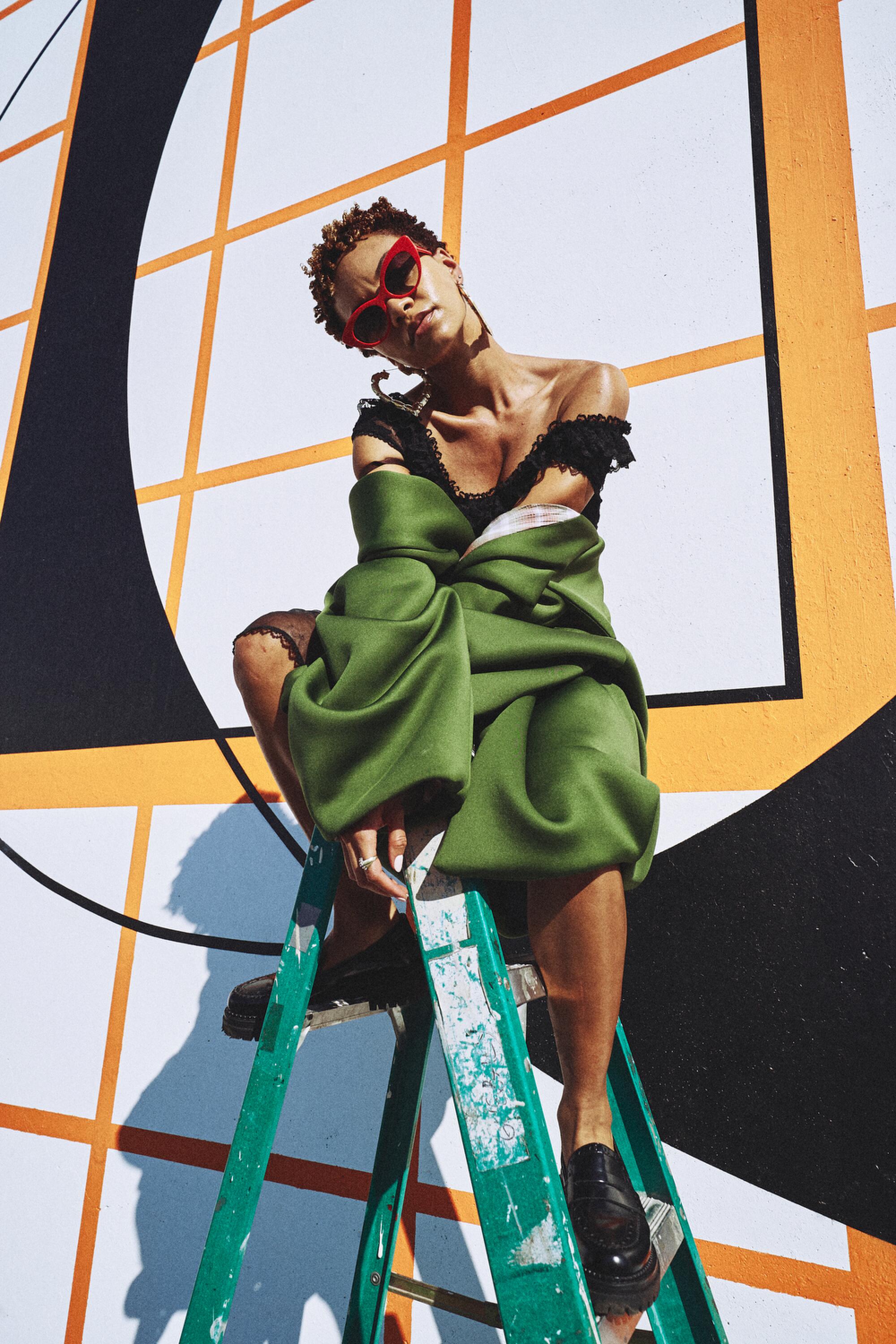
It’s the perfect time to renovate your style. Keyla Marquez can teach you how to flip it
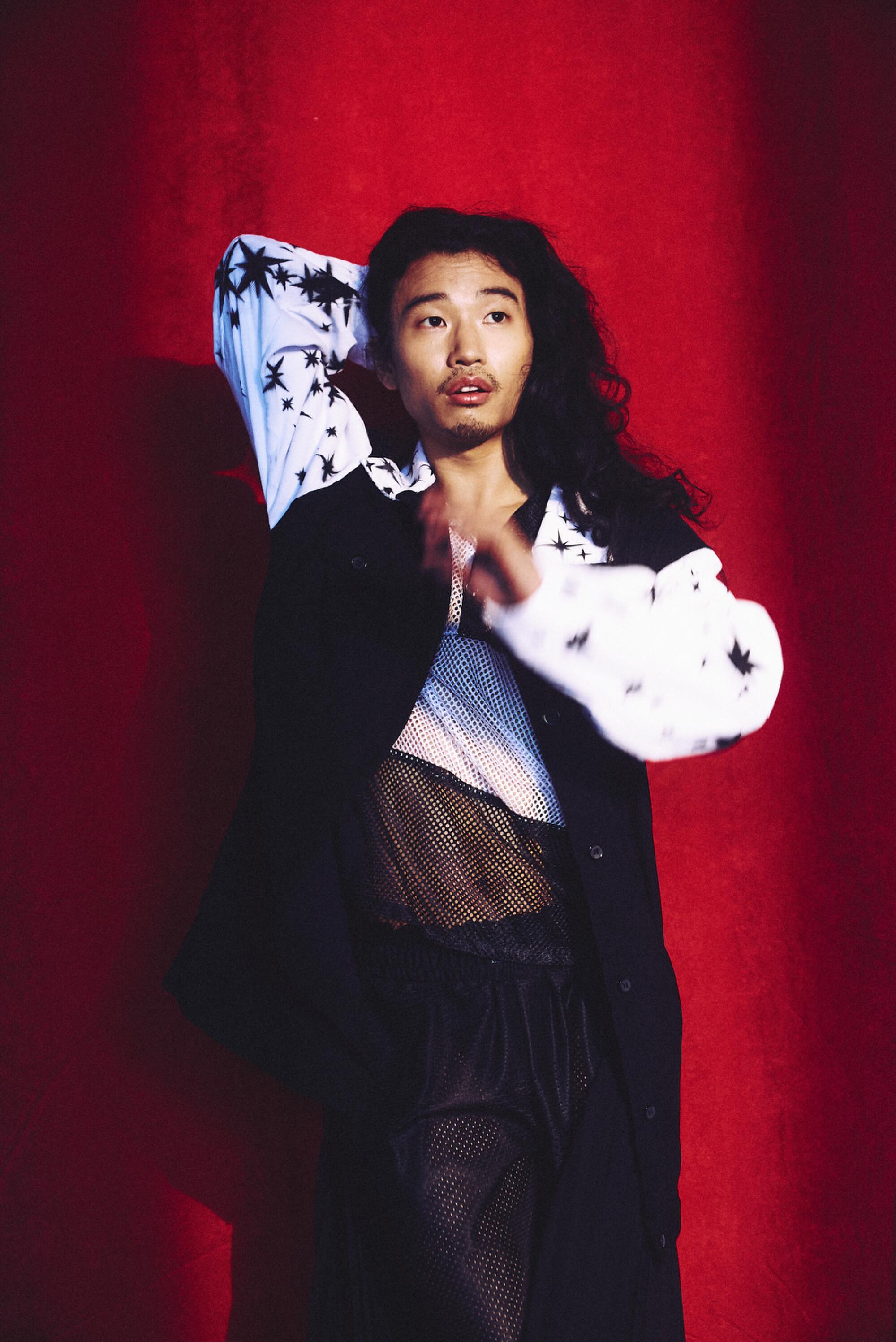
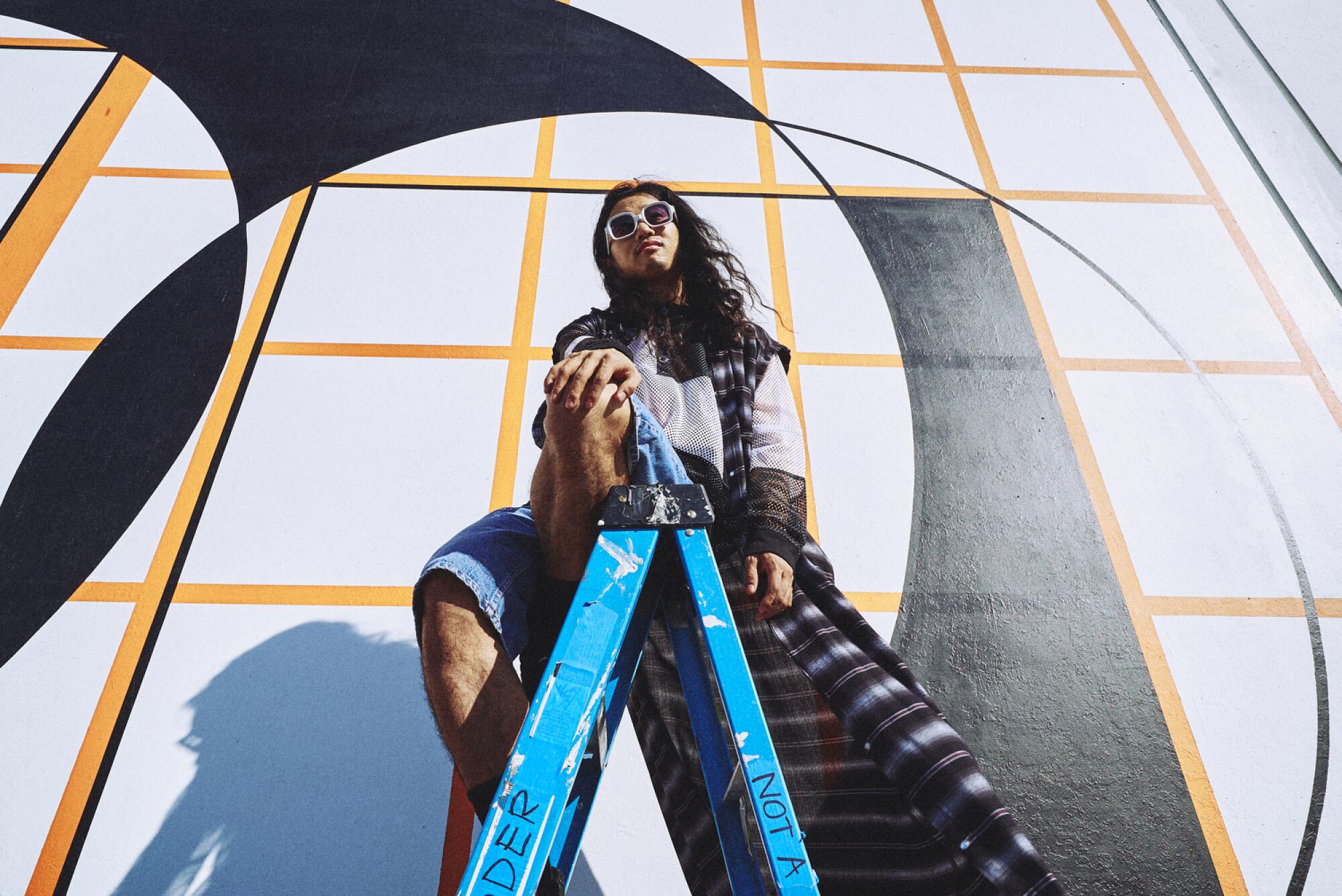
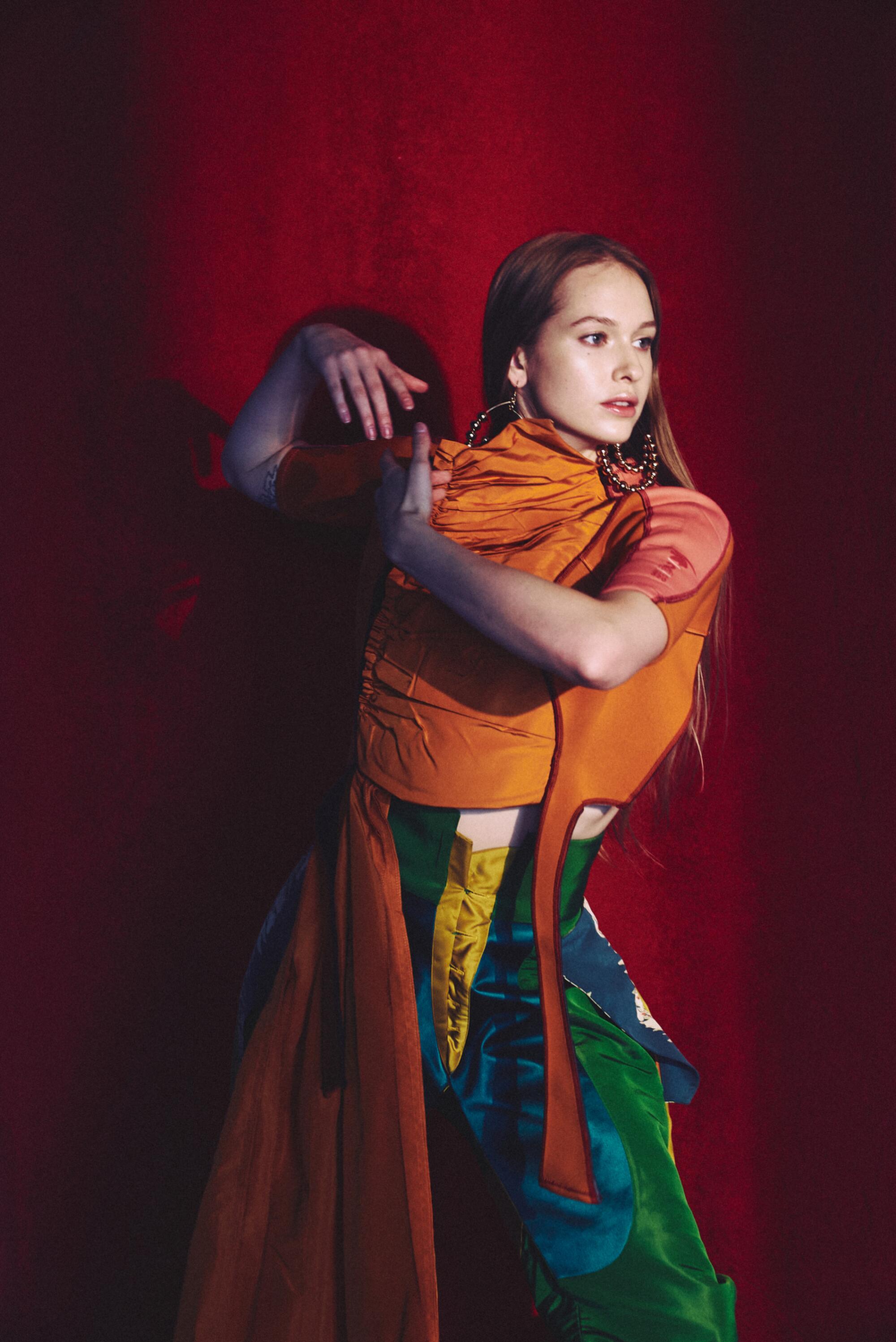
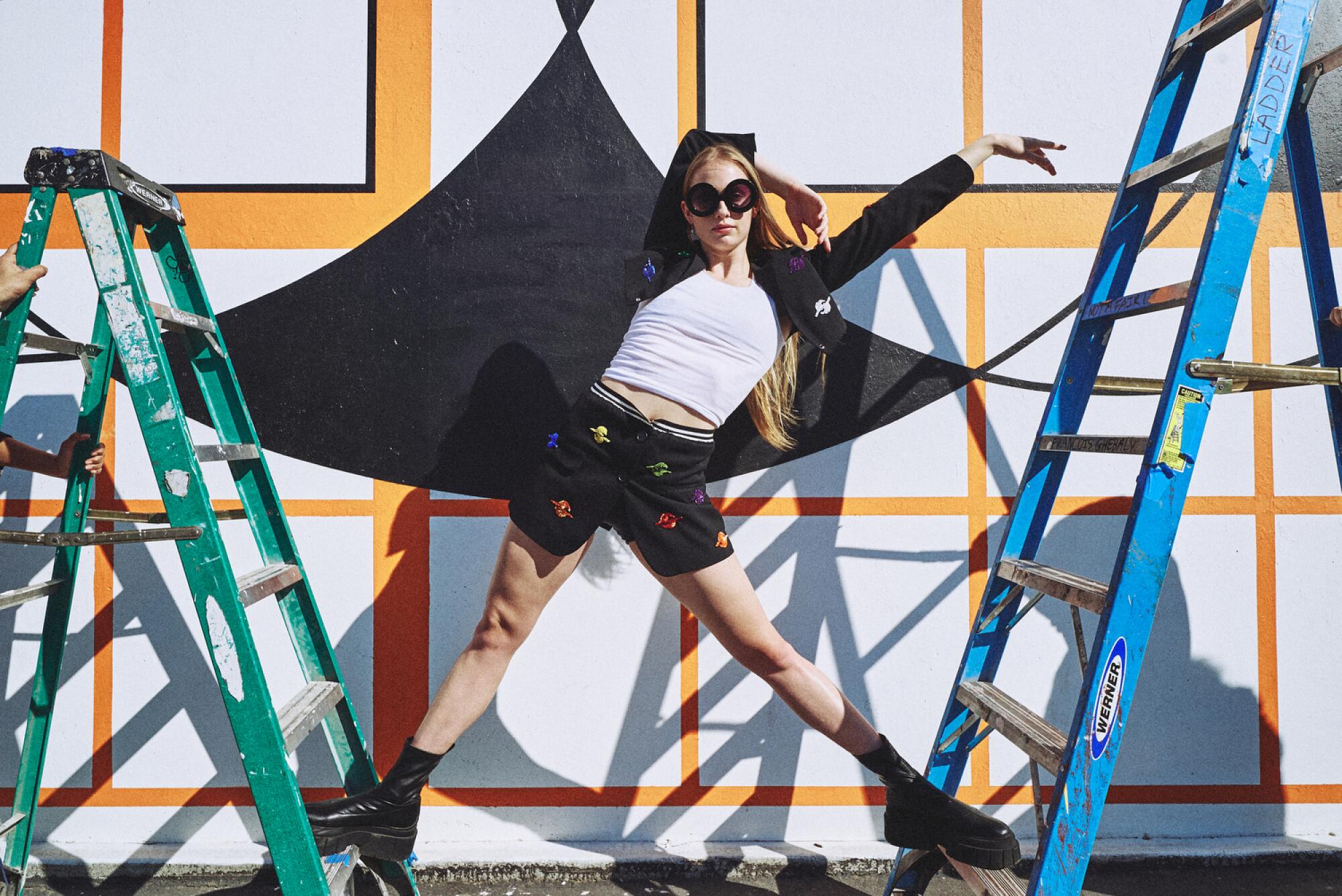
To celebrate a week of dance, stylists Ursula and Rebecca Recinos, a.k.a. Sister Kokoro, dressed eight of the LADP performers in L.A. brands: Planeta, Hologram City, Gypsy Sport, Río Original, Leeann Huang, Amor Prohibido, among others. The sisters, who worked under the direction of stylist Keyla Marquez, describe the clothes as L.A. streetwear, but “with a twist” and “avant-garde touch.” They pulled plenty of denim and plaid — a callback to ’90s style, which you now see all over the city — as well as sustainable brands that recycle vintage clothes and inventively “reconstruct” them, like Boy Kloves that makes “wet suit-type” of pieces to emulate that “beachy L.A. vibe.”
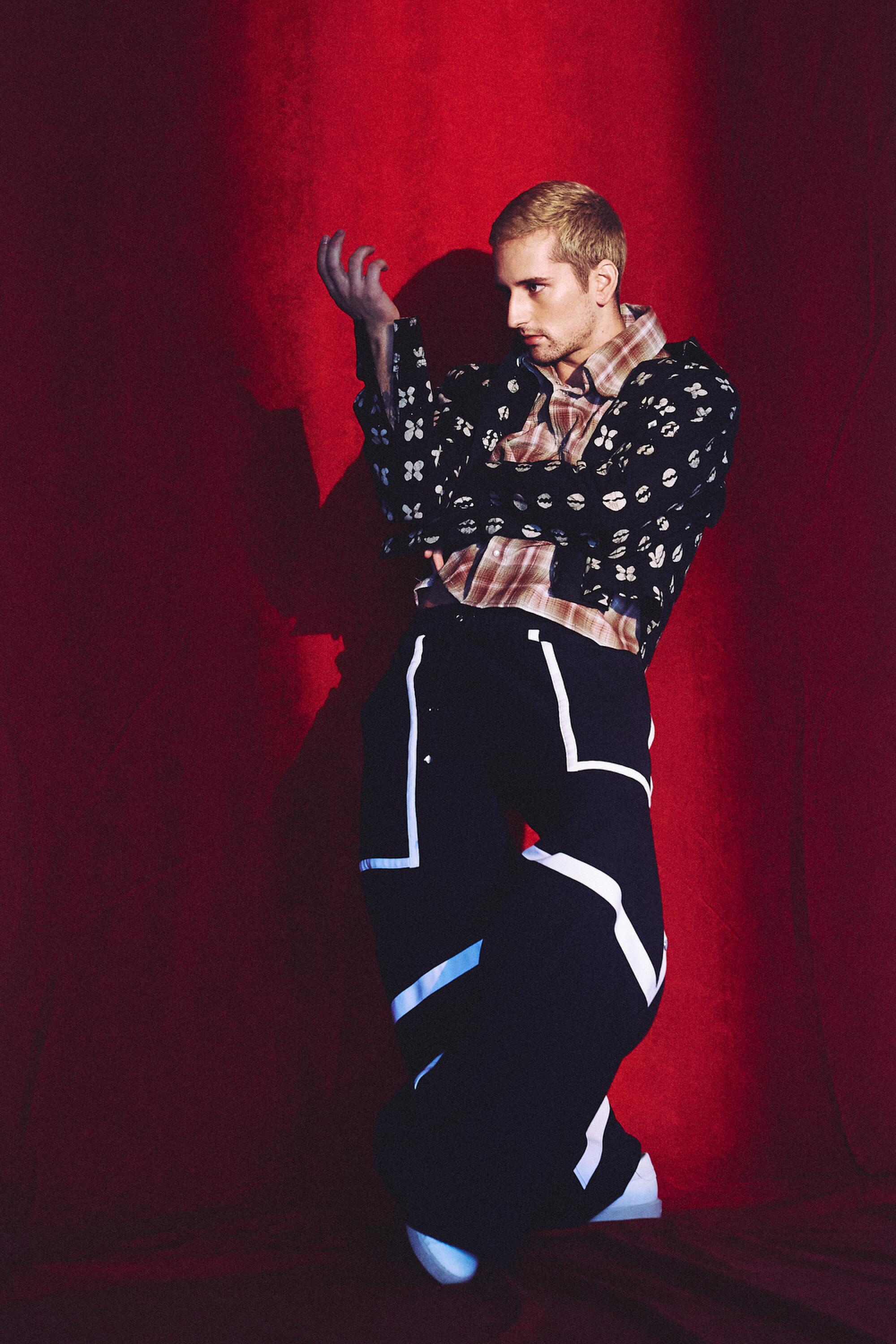
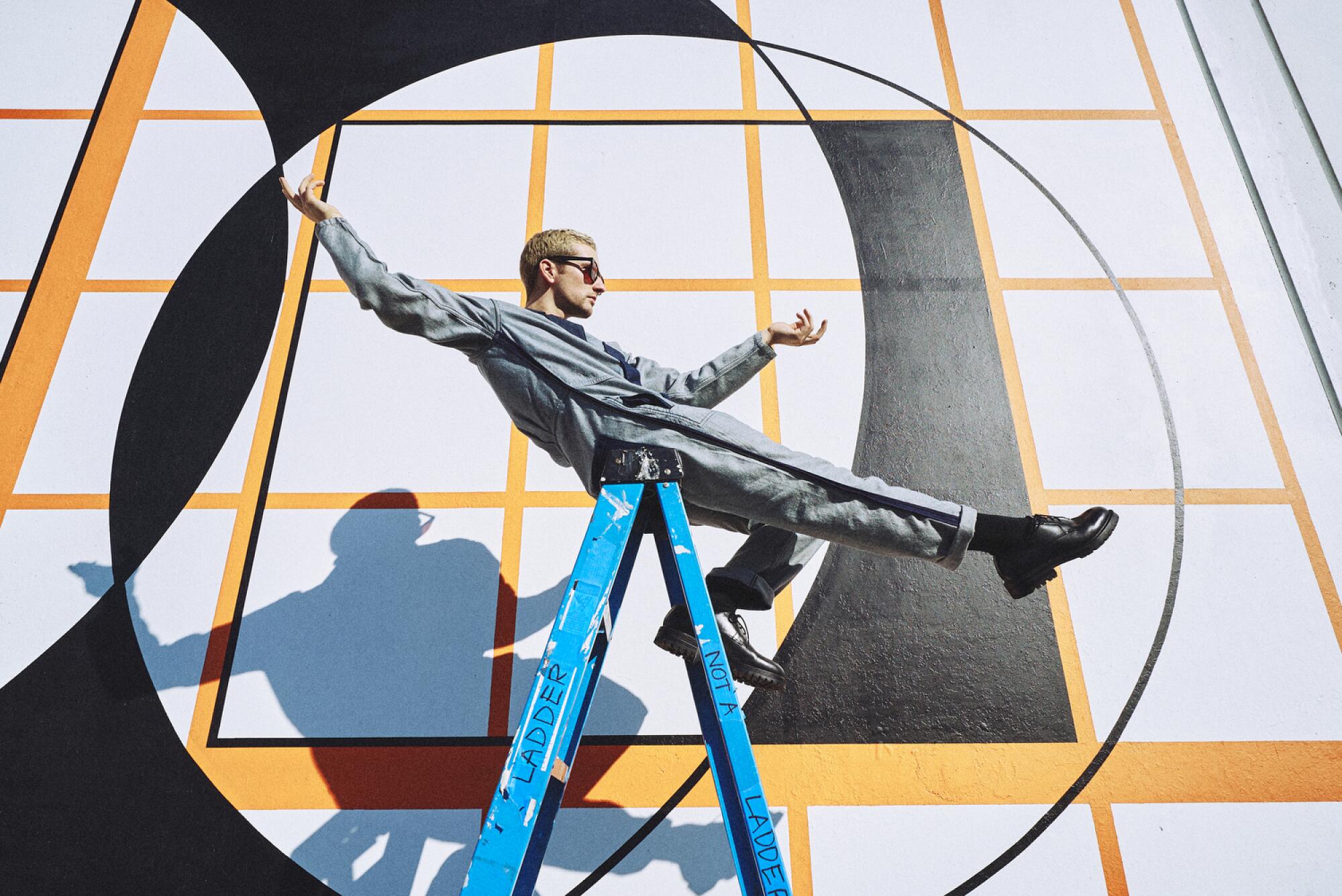
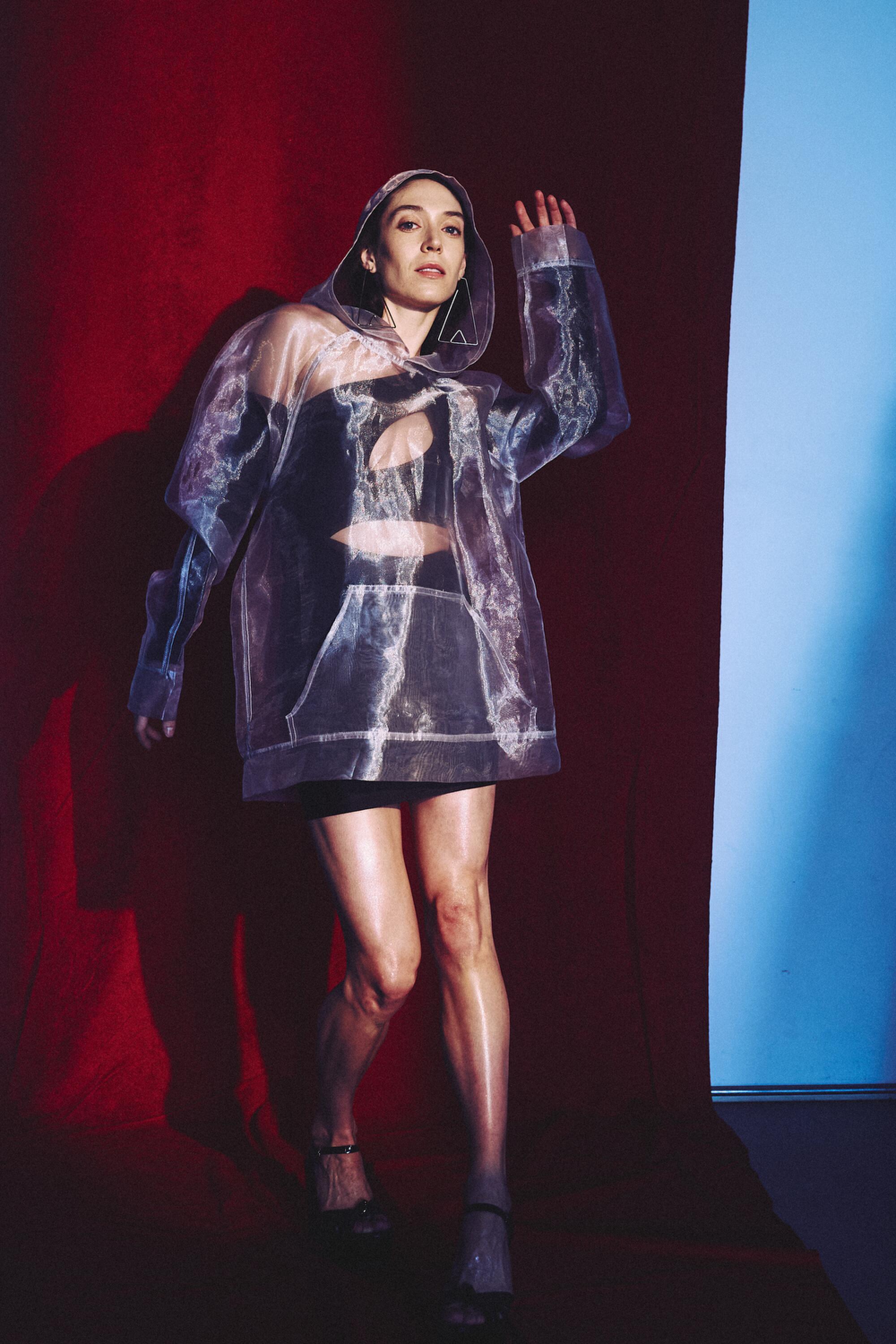
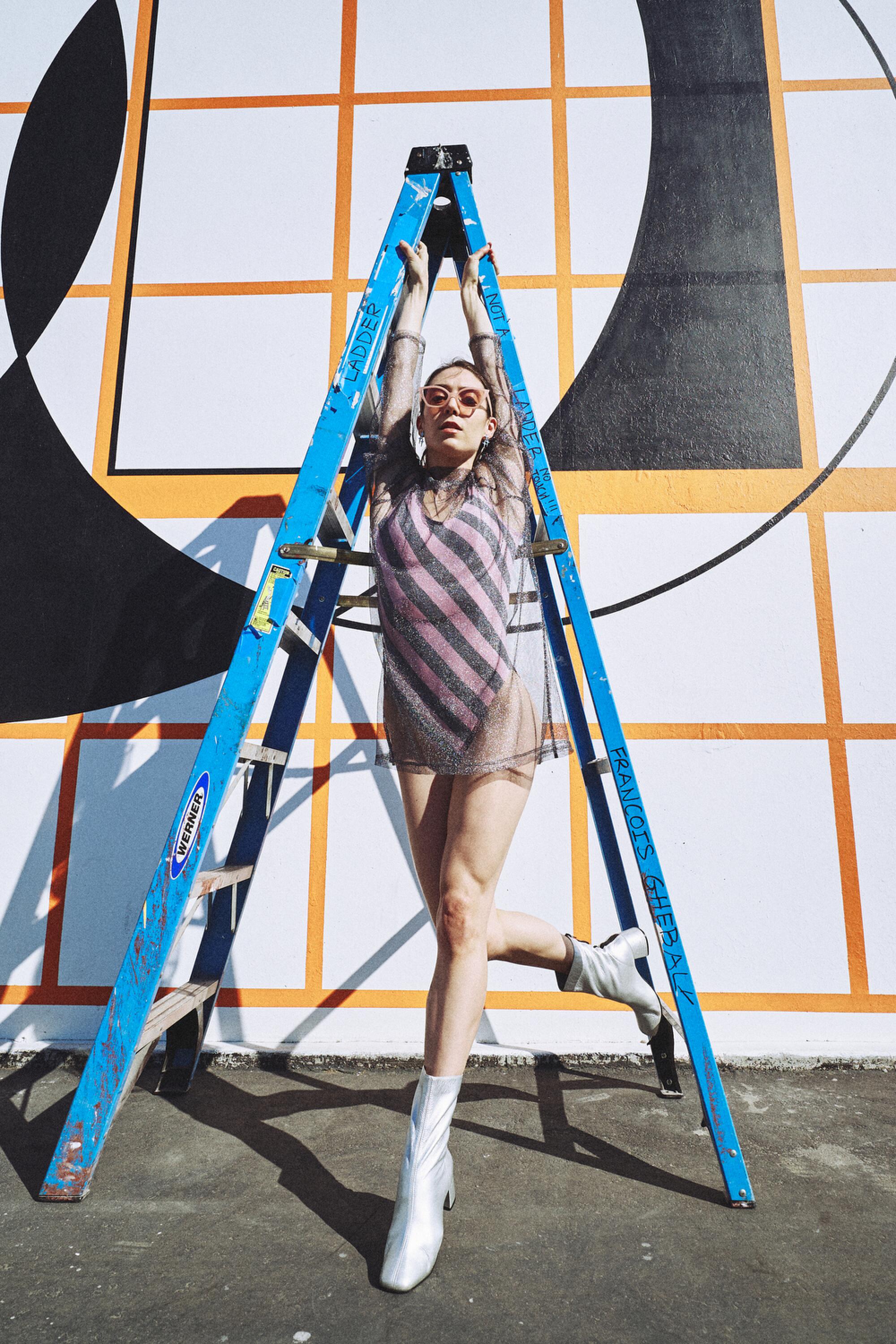
Inside the studio and out in the parking lot — before an abstract mural by the late L.A. artist Channa Horwitz — the dancers bent their bodies into shapes. Gypsy Sport’s flowing pants and oversized jackets of many delicious folds swelled and swayed in the assertive spin of an arm or the impressive lift of a leg. Nothing like a dancer to reveal the potential of clothes and how they move you — whether it be Leeann Huang’s playful skirt with blinking eyes or Planeta’s constellation shirt of twinkling black stars or Hologram City’s bewitching teal and pink robe. The dancers seemed to embody L.A. style: fun, otherworldly, and open to all your multitudes. The mashup of styles makes you think of what Millepied observed of the dancers themselves: “they’re all very different,” but together provide “a complete range of emotion.”
Gypsy Sport designer and creative director Rio Uribe sees a future where eco-friendly won’t be slept on
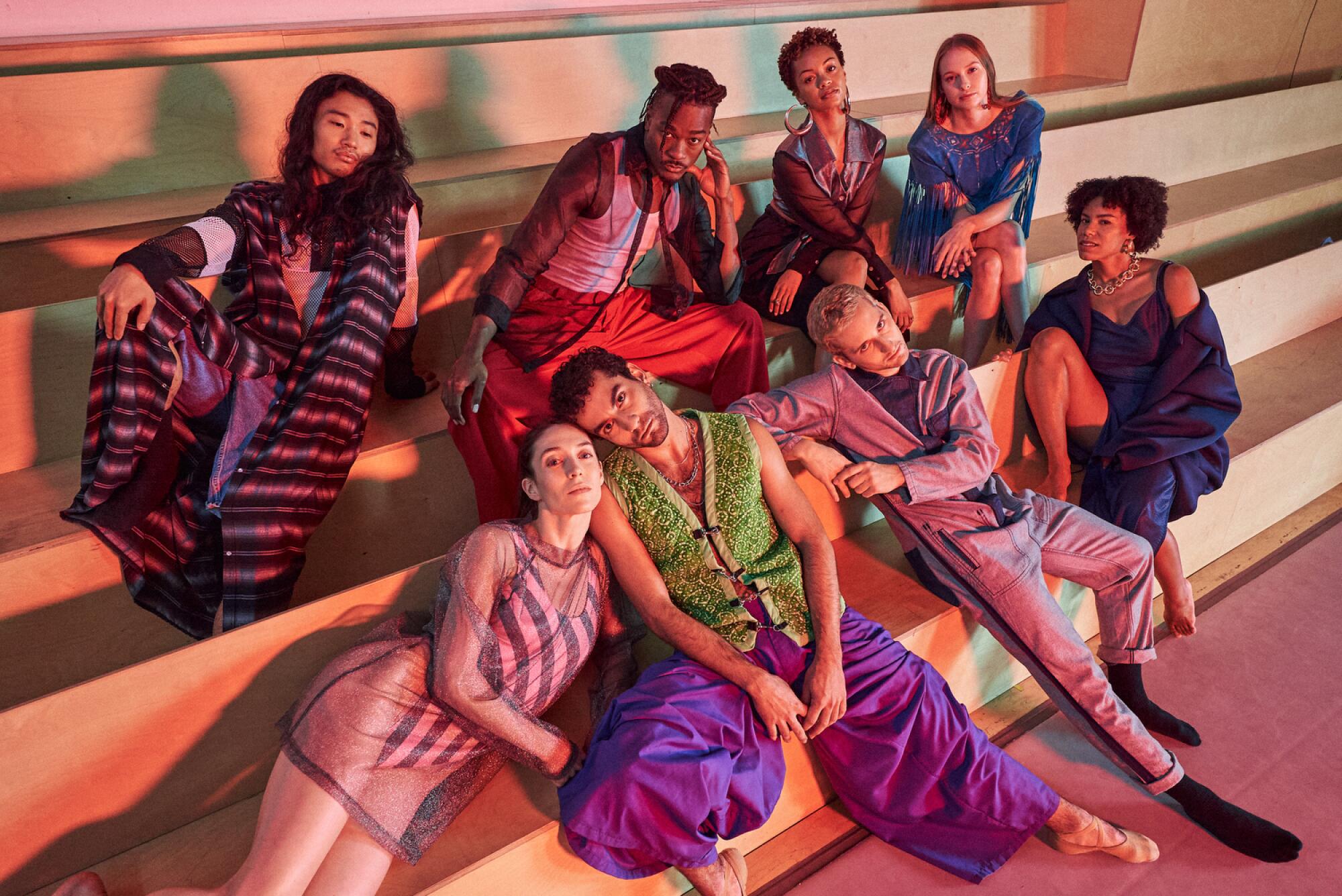
“Be Here Now” is also very much about the dancers’ intimate dynamic as a group — the secret moments on stage: a squeeze of the hand, an exchange of looks, a smile. “There’s the statement on the wall,” dancer Shu Kinouchi says, referring to Barbara Kruger, who designed the original set for “Be Here Now.” “And there’s what we have been expressing ourselves, being here now to understand each other.”
Stylists: Sister Kokoro in collaboration with Keyla Marquez
MUA: Valerie Vonprisk
More stories from Image
